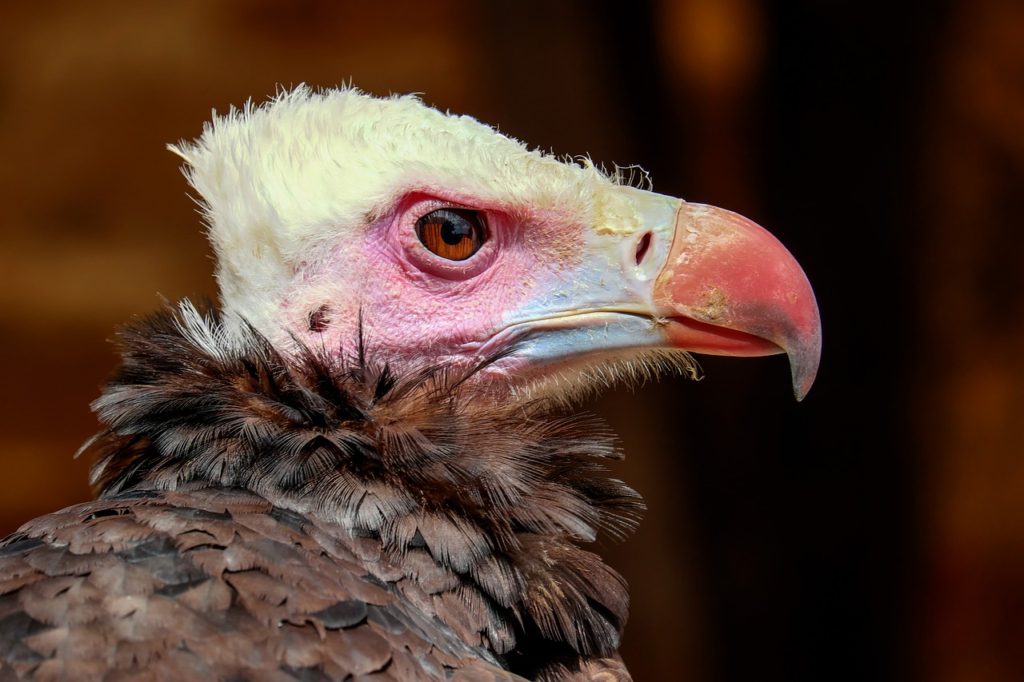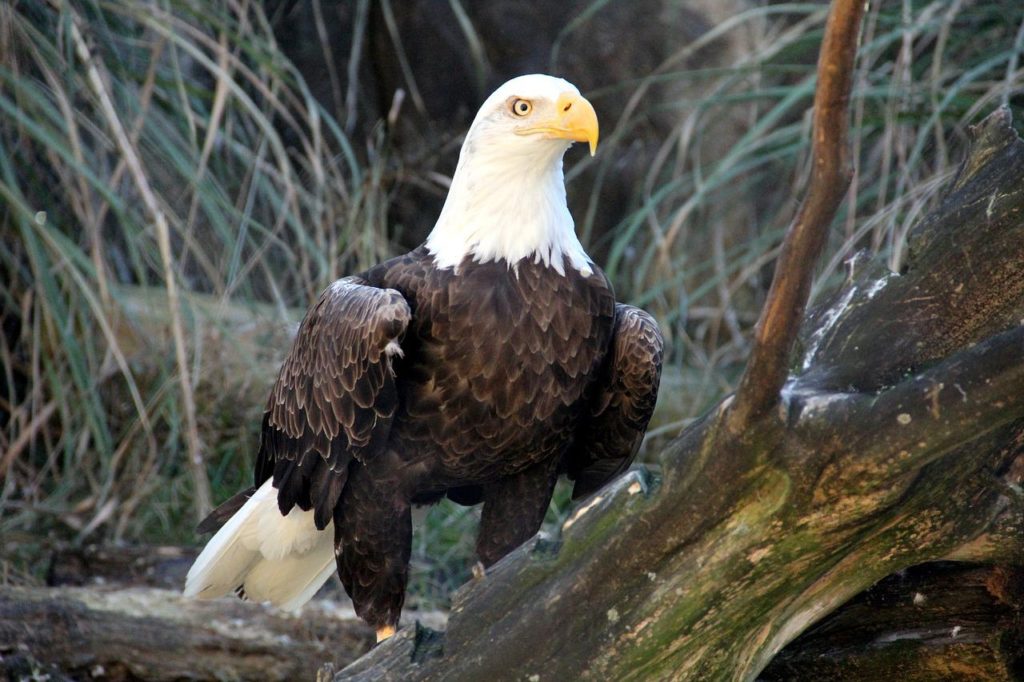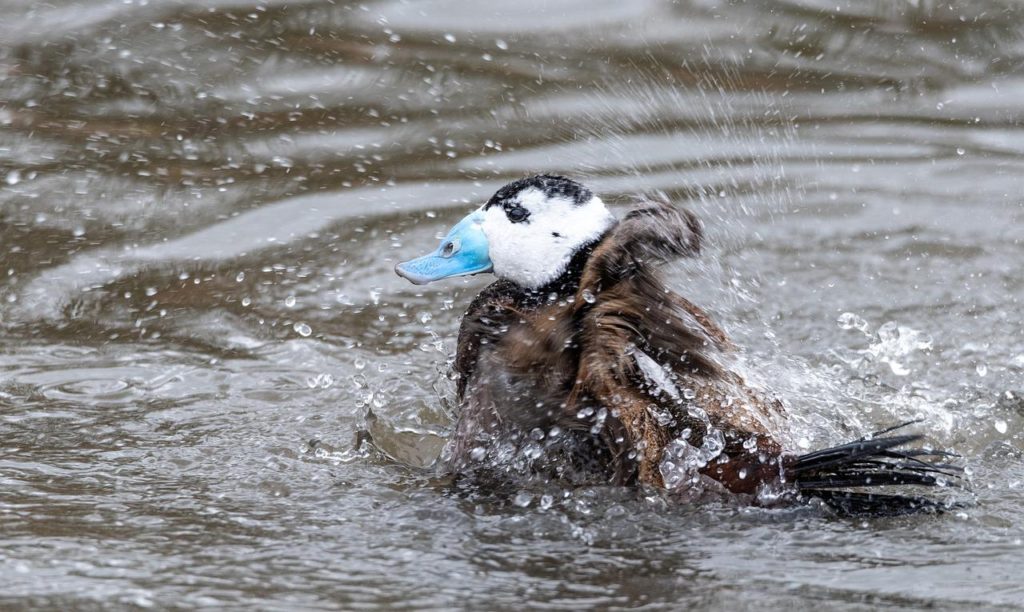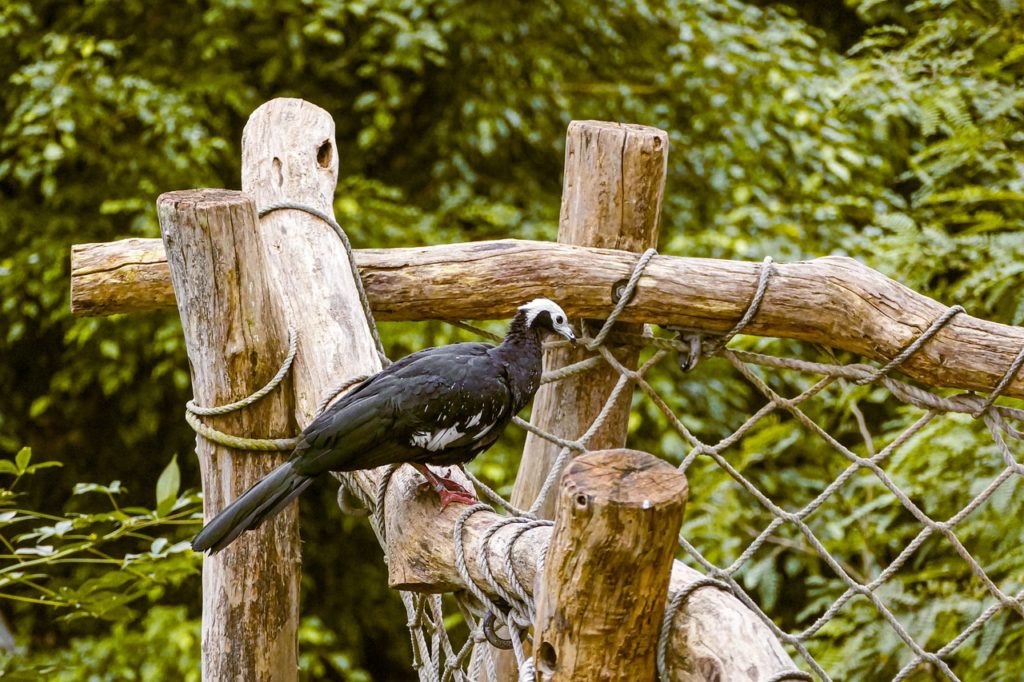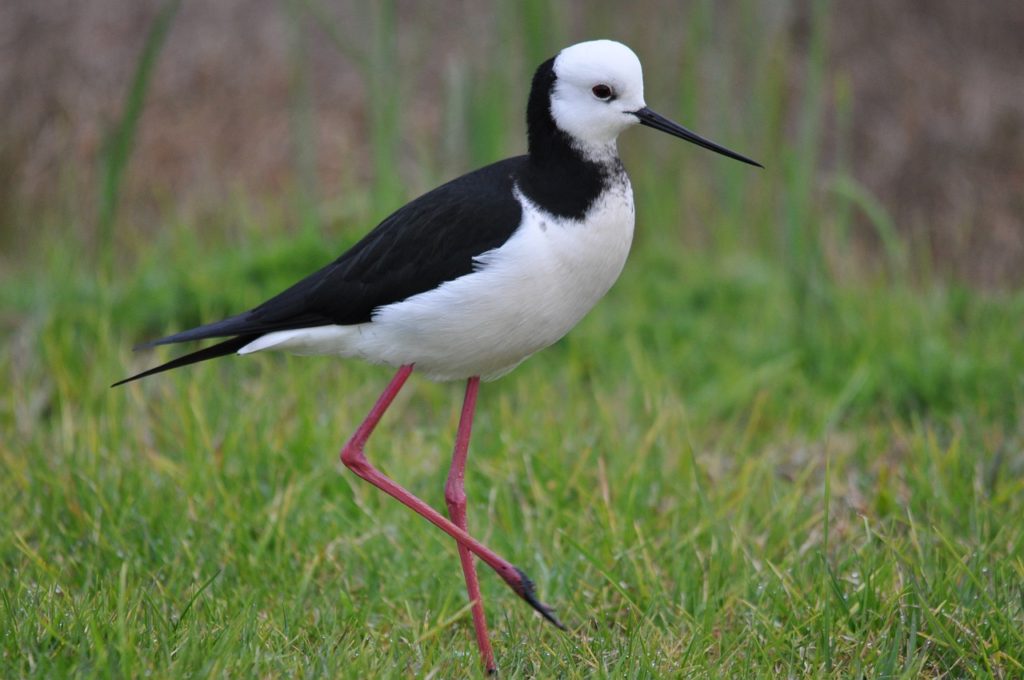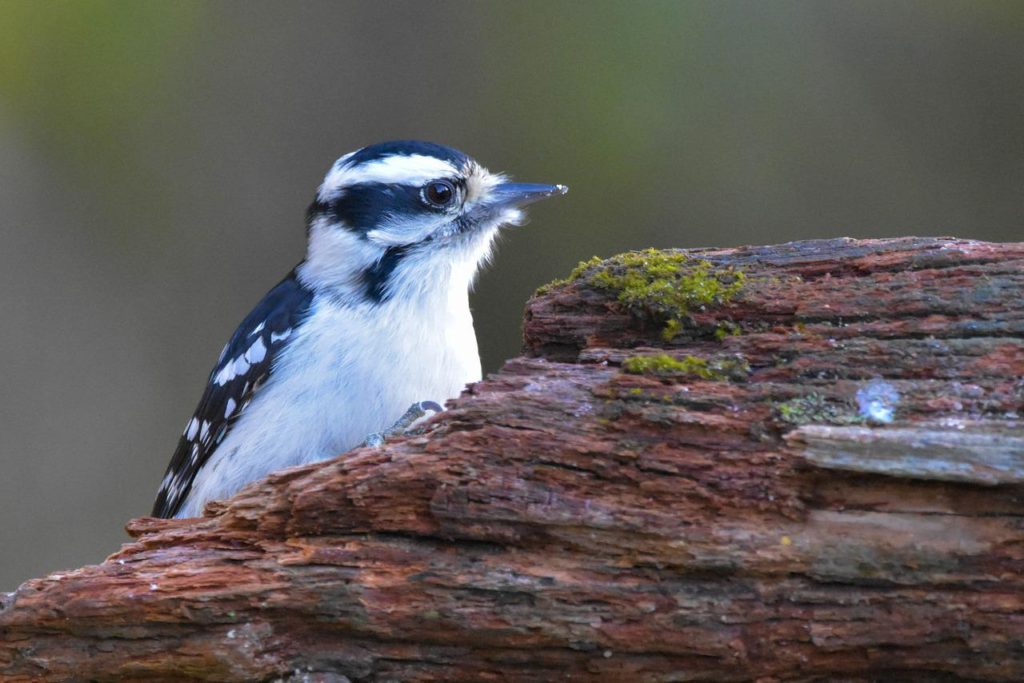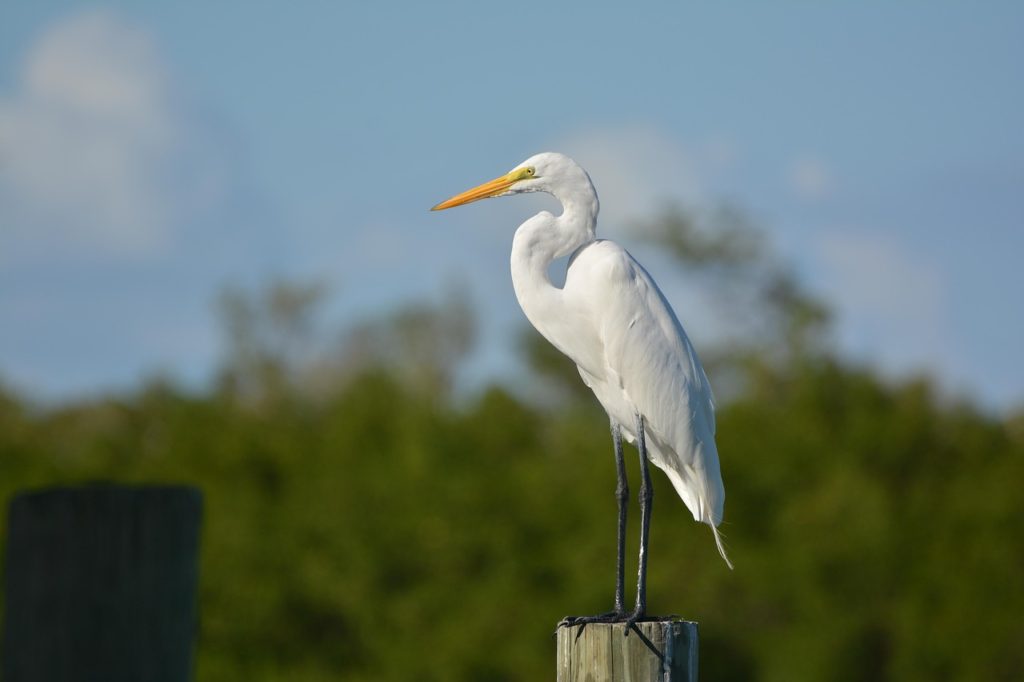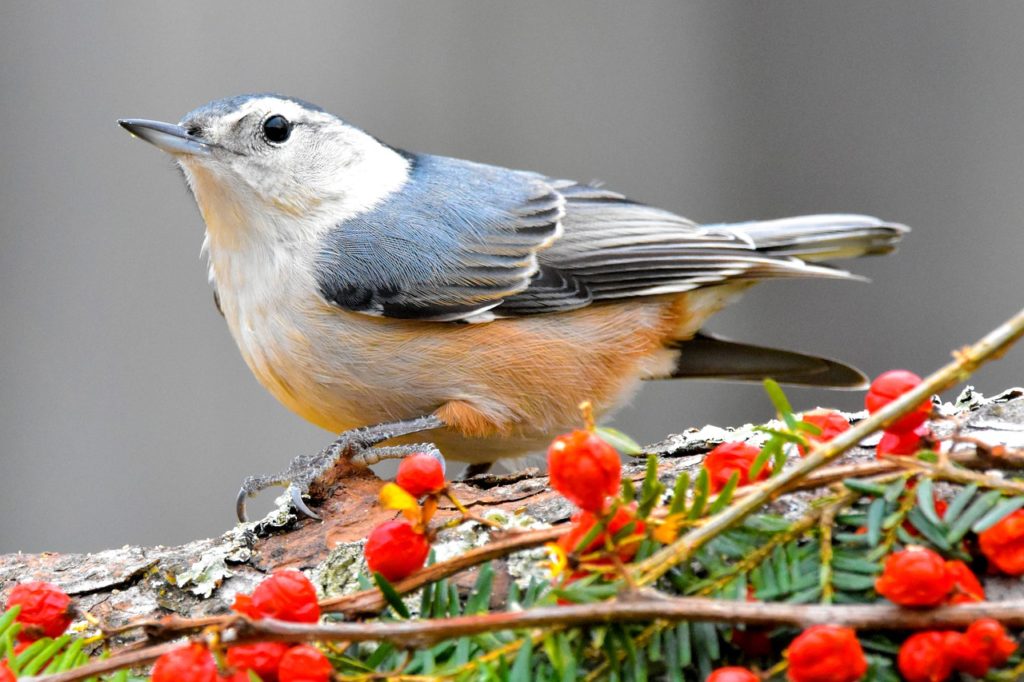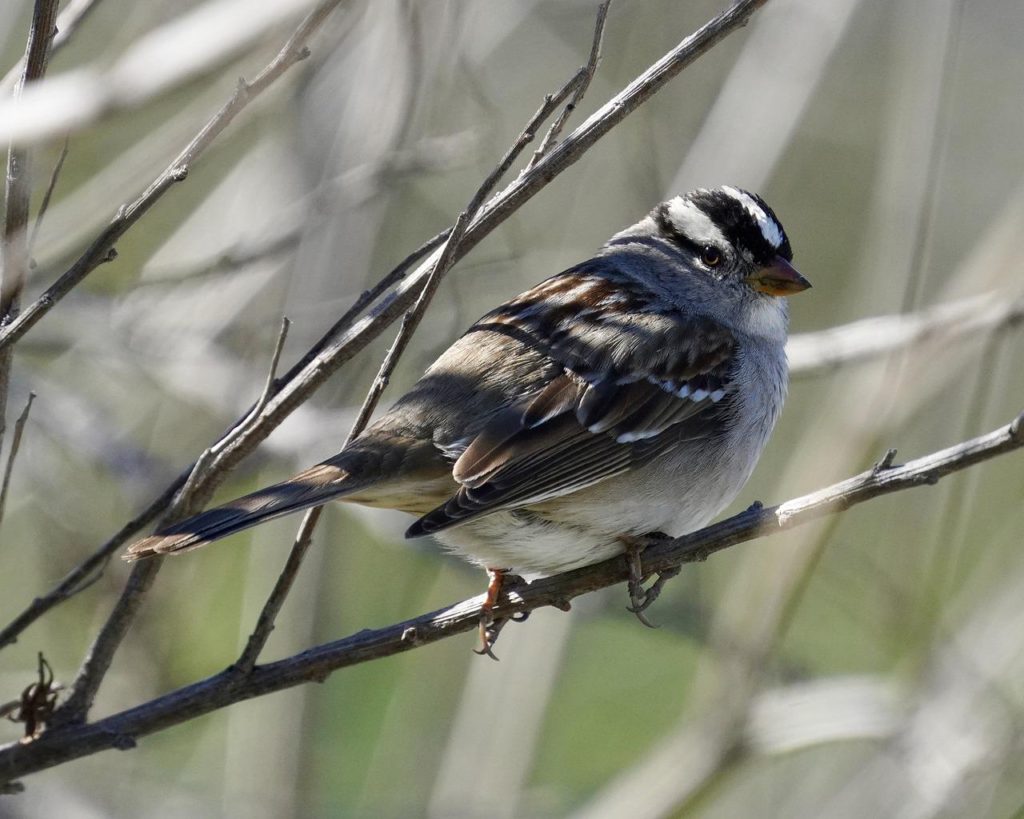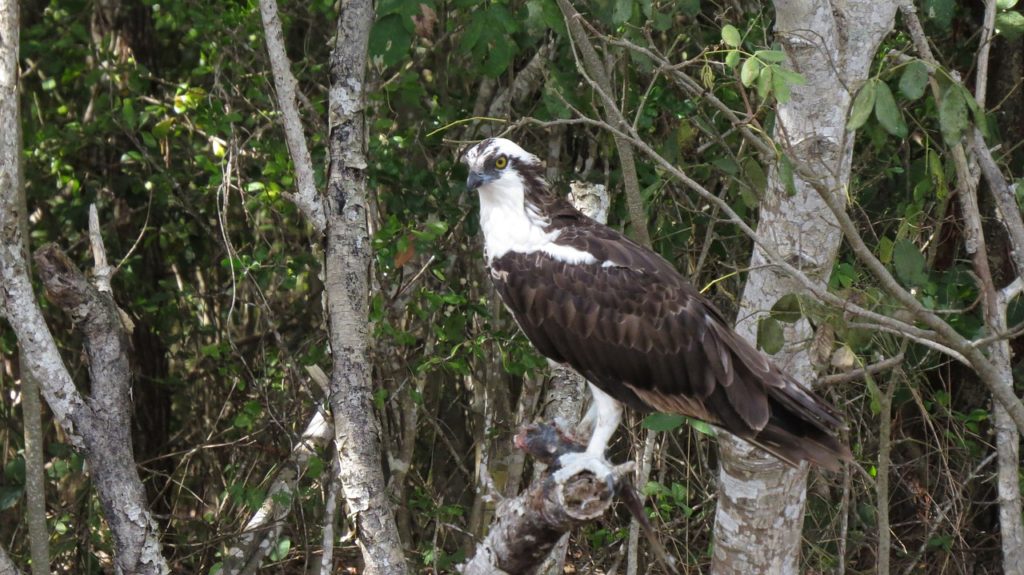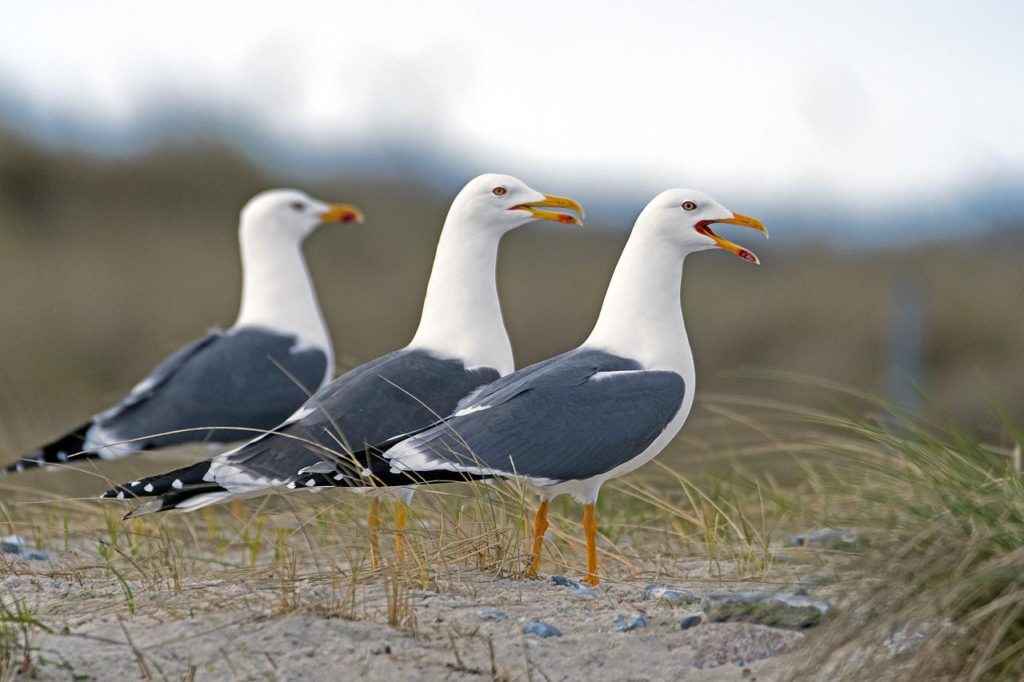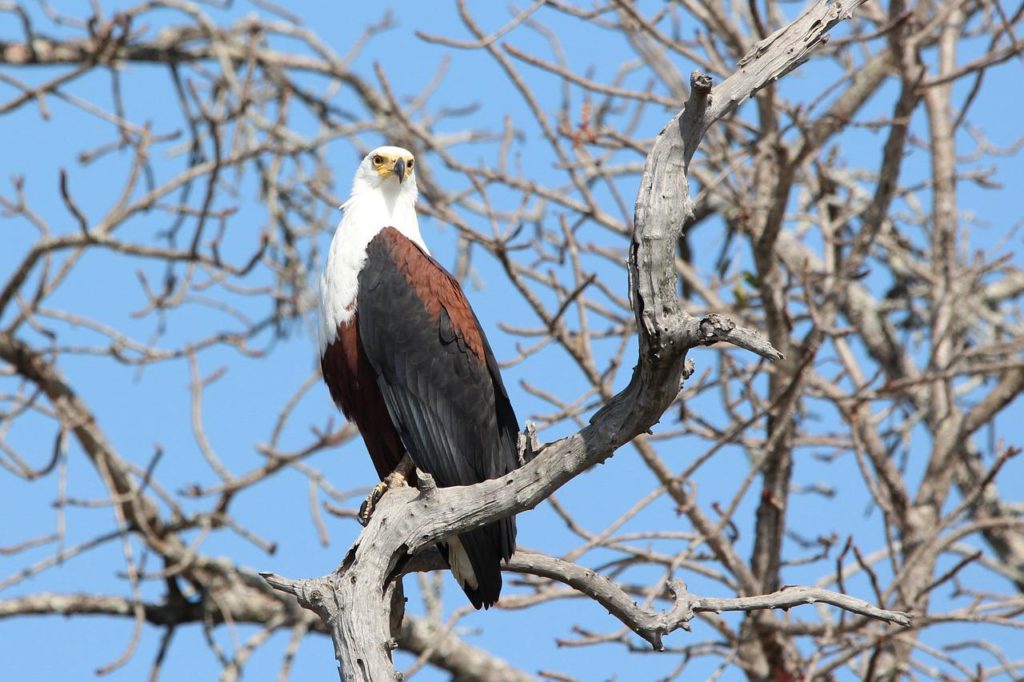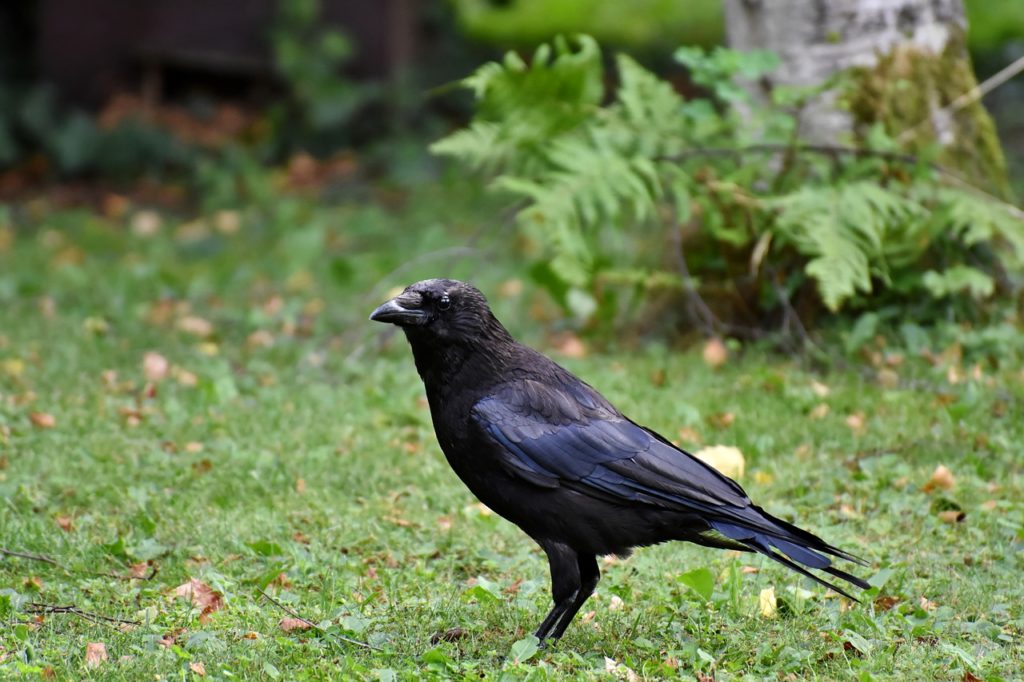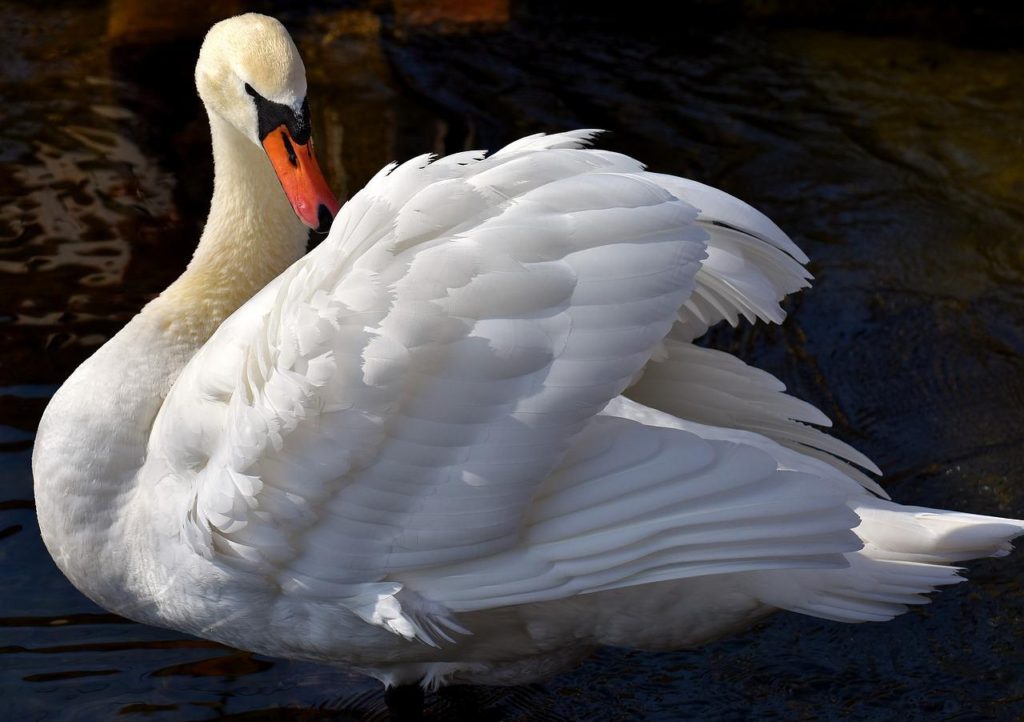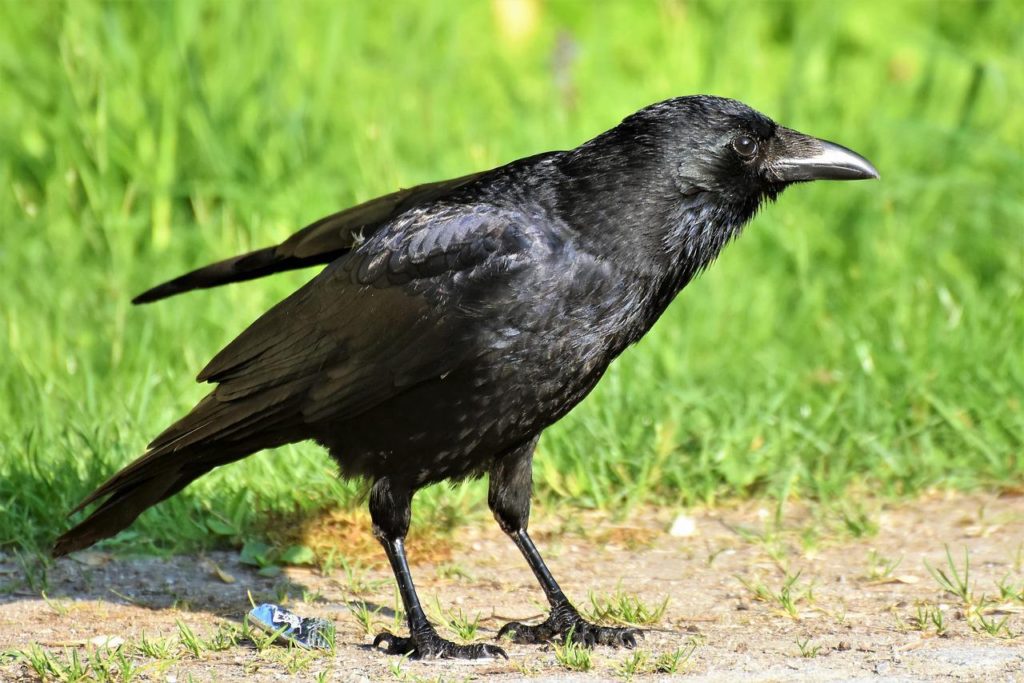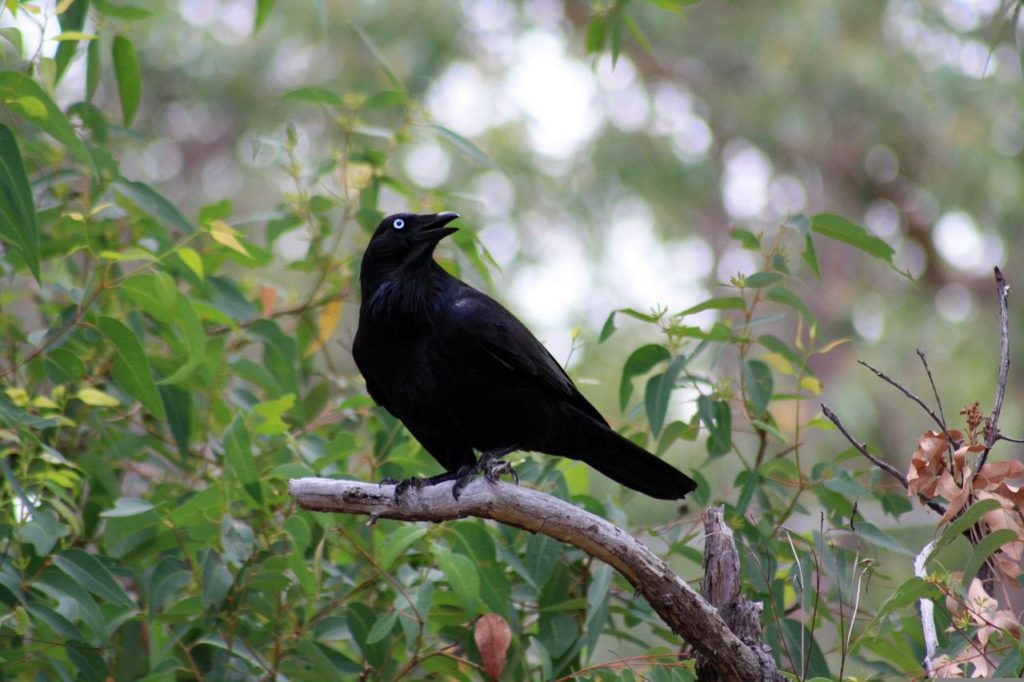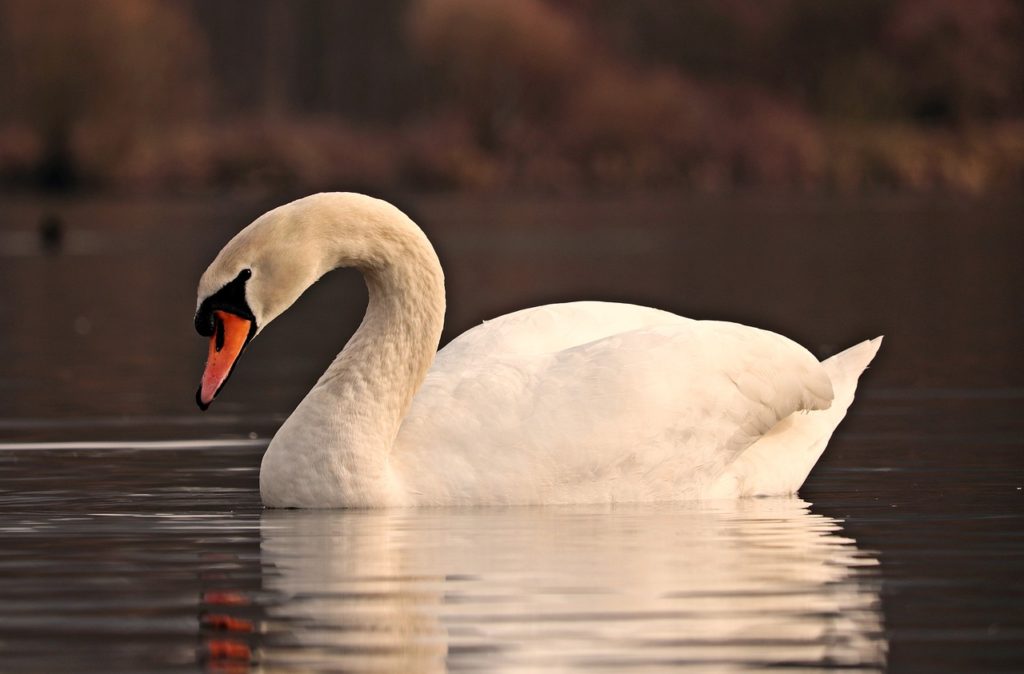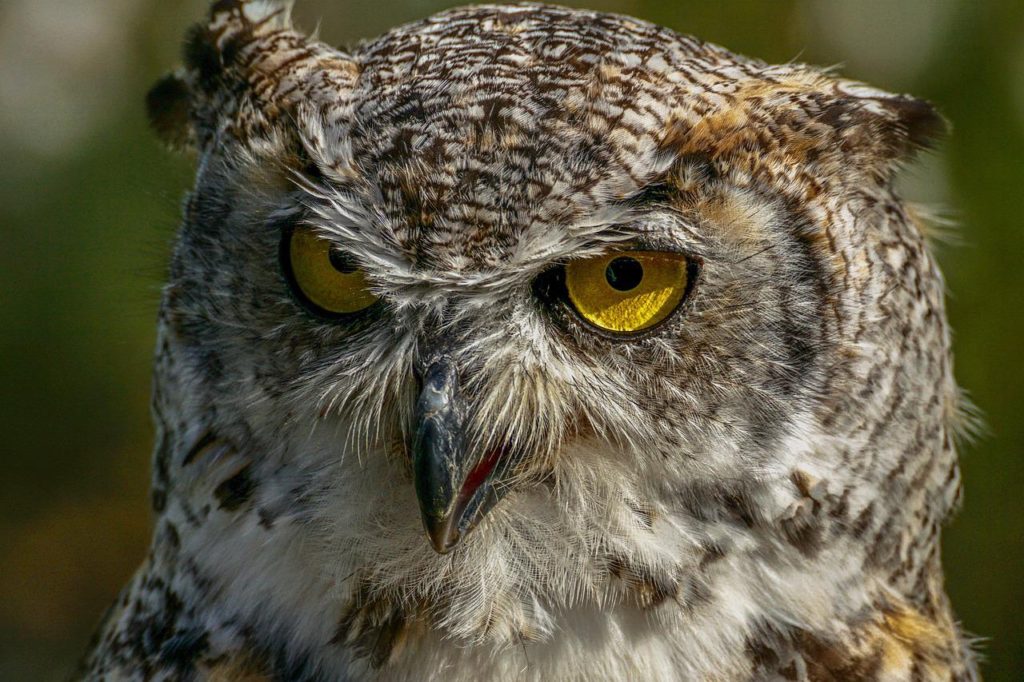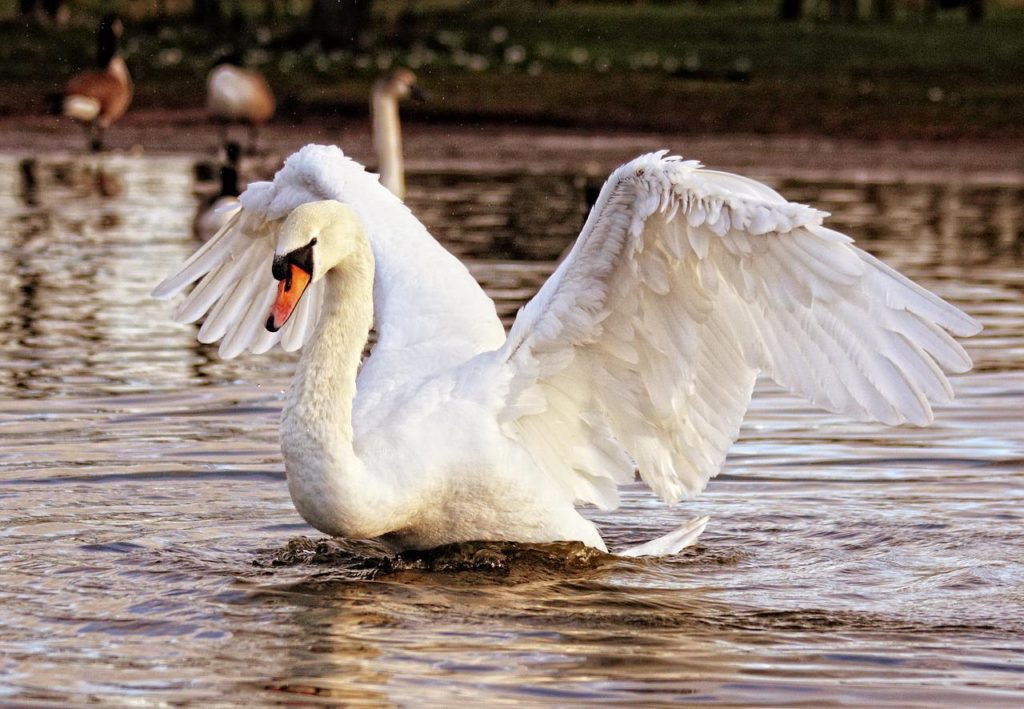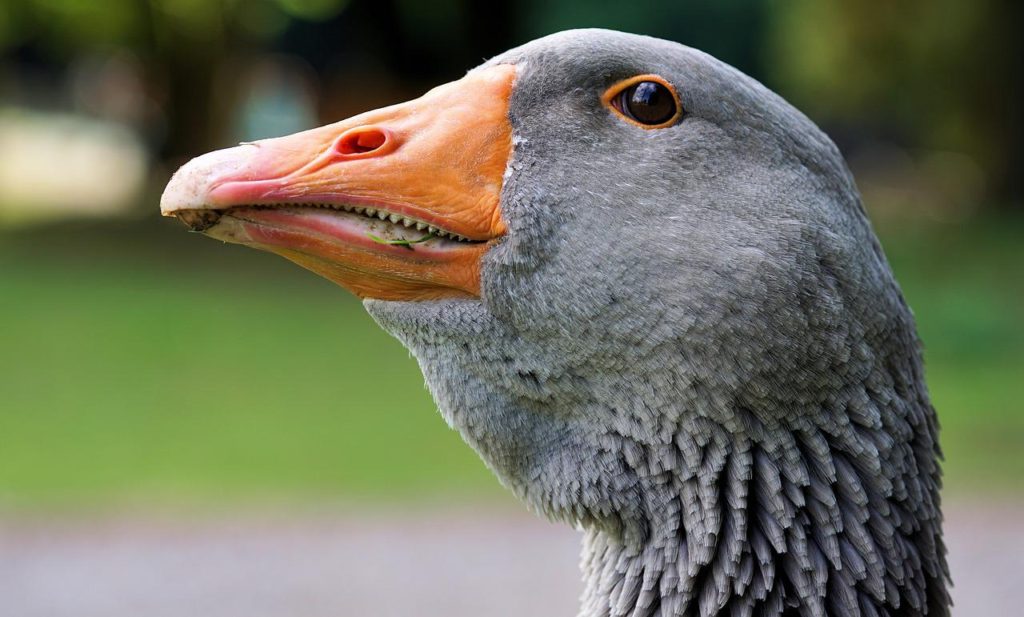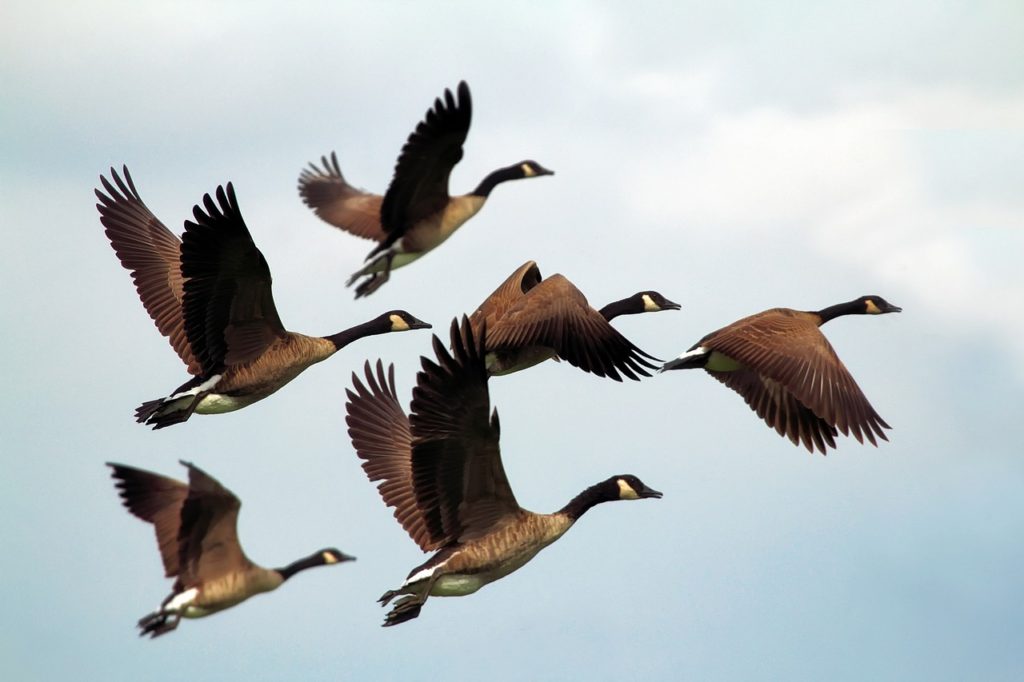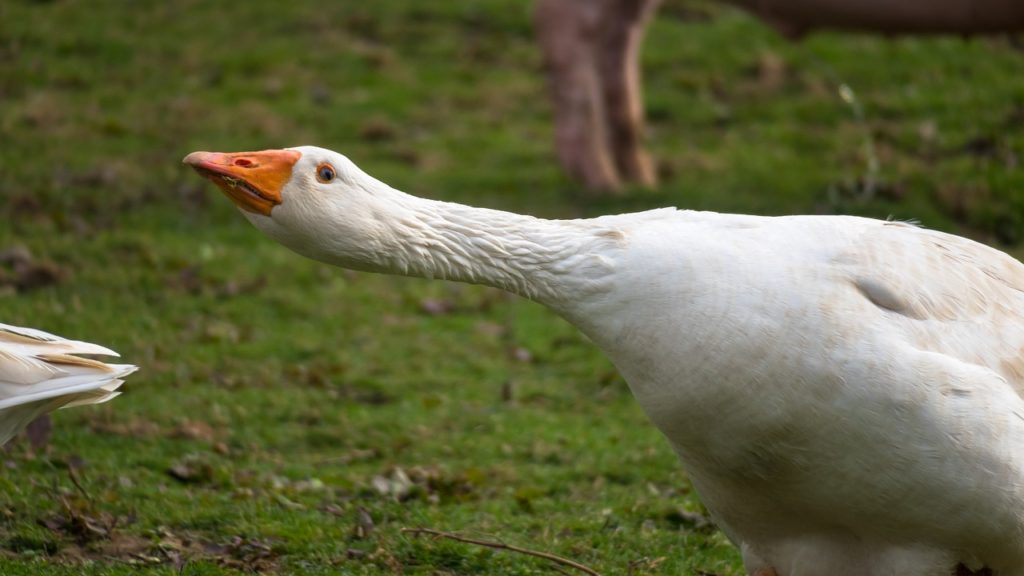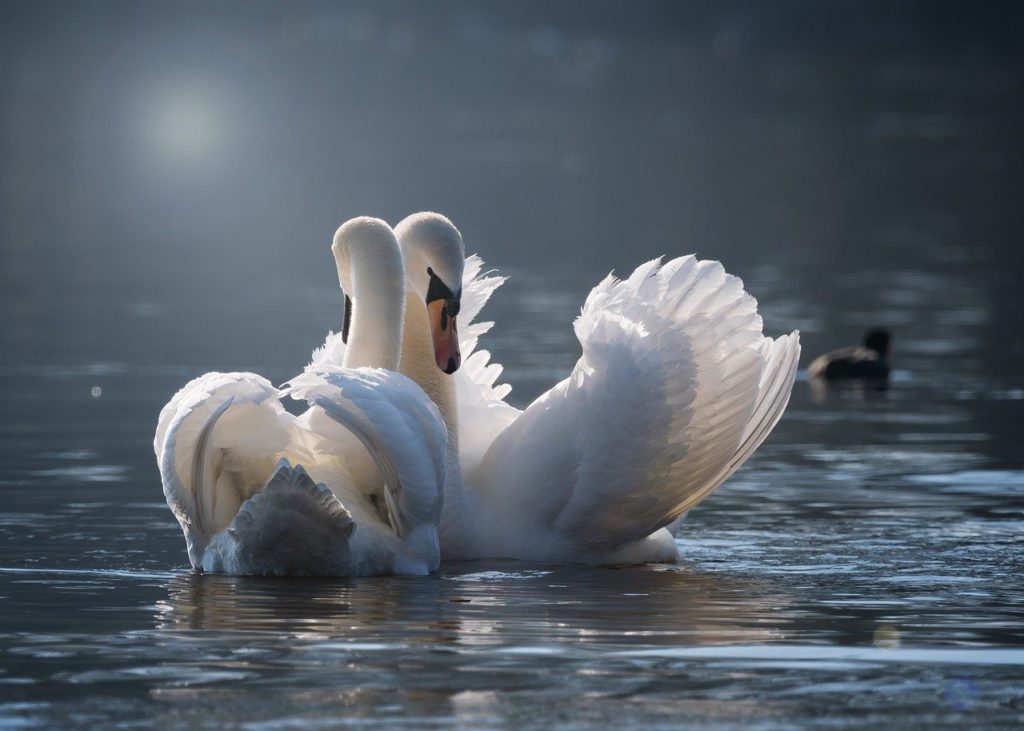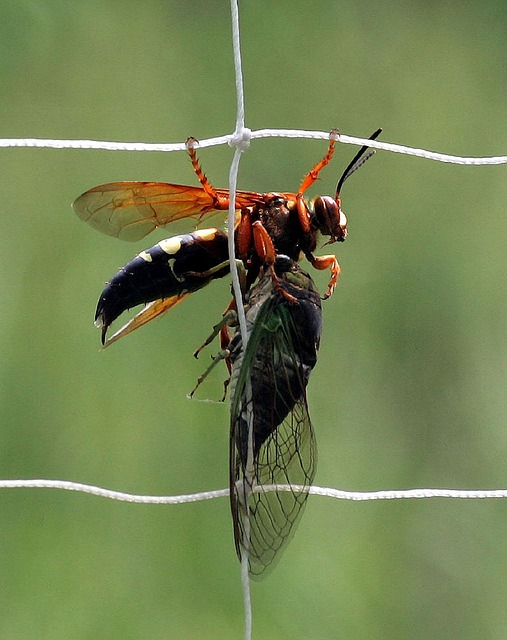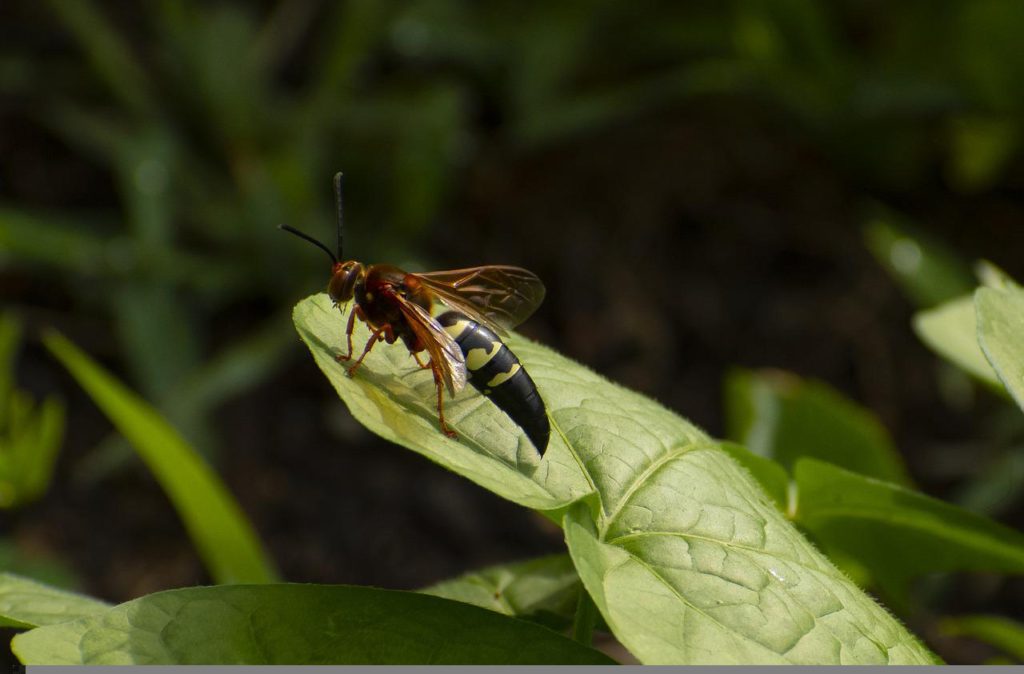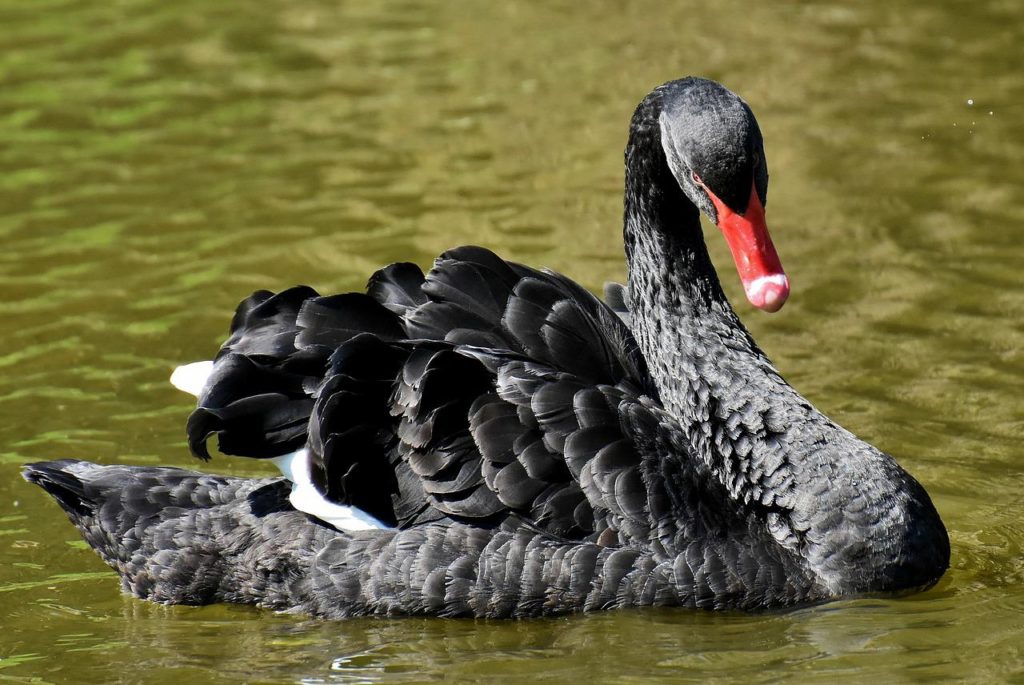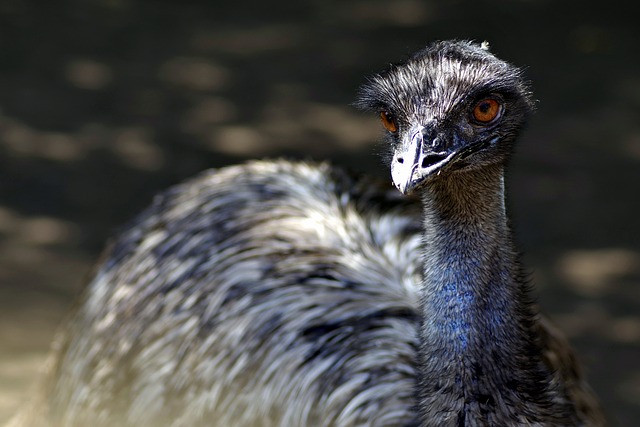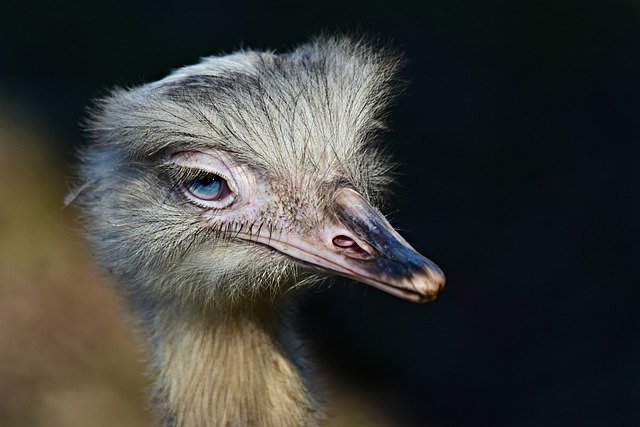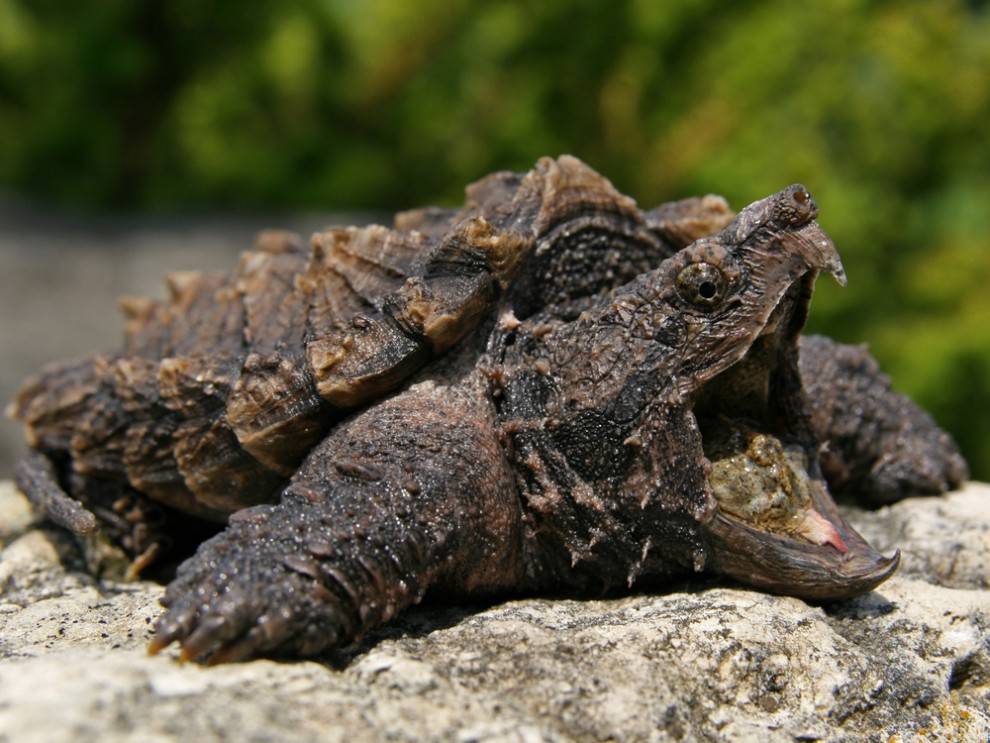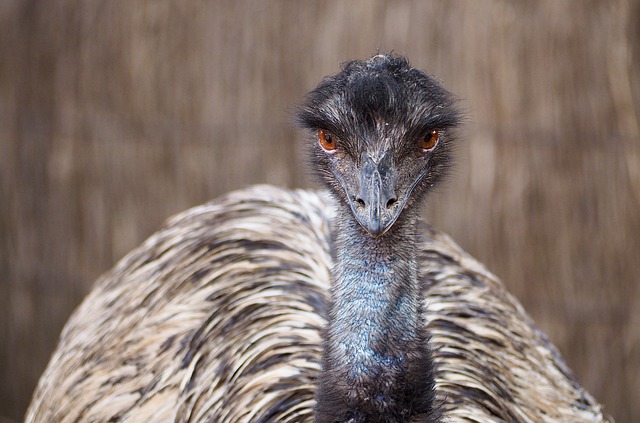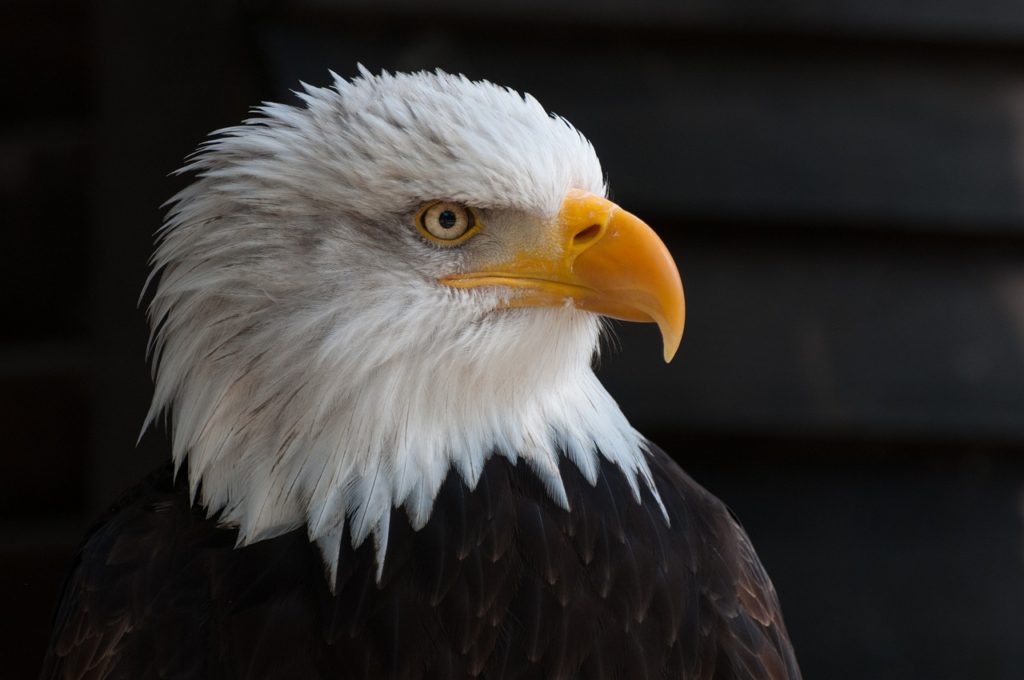
There’s no doubt about it, birds with white heads really stand out. From small to large they are quite a unique bunch. So here are some of the most fascinating white-headed birds and what you’ll want to know about them
White-Headed Vulture
The white-headed vulture is easy to distinguish from all other vultures because of the strong contrast between its white-crested head and dark brown and black body. This species also has pale patches of bare pink skin on the head and a pink beak. It is endemic to Africa. And different from other African vulture species when it comes to the white-headed vulture the females are larger than the males.
Bald Eagle
These birds with white heads and dark bodies are one of the most recognizable species on the planet. That’s because the bald eagle is the national bird of the United States of America and its image symbolizes the strength and freedom of the country. The bald eagle is a large and powerful raptor that feeds mainly on fish and waterfowl.
It actually takes around 5 years for young bald eagles to develop their distinct plumage. Before that birds are mainly brown with dark heads. Bald eagles are not actually bald like their name suggests. Their name comes from an older meaning of the word “bald,” which meant “white-headed”.
White-Headed Duck
White-headed ducks are an unusual-looking duck species with white heads and long tails. Males have a mainly white head with a black crown, blue bill, and a chestnut-colored body. The females are duller in color with darker bills and larger crowns.
These are diving ducks that feed mainly on aquatic vegetation under the water. White-headed ducks are known for both being silent and not typically flying. In fact, when faced with a threat they usually swim away rather than fly.
Blue-Throated Piping Guan
Blue-throated piping guans are large black birds with white heads. They also have a throat patch that while normally blue can also be black or even gray and reddish-colored legs. In appearance, they are sometimes compared to a looking like a turkey.
Unlike turkeys however these south American natives spend most of their time in the trees, rarely coming down to the ground. During the breeding season they can be seen foraging in pairs, however, the rest of the year they are found in groups of up to around 15 or so birds.
Pied Stilt
The pied stilt is also known as the black-winged stilt, white-headed stilt, and the Australasian pied stilt. It is a long-legged wading bird with a long and fine black beak. The pied stilt’s diet consists mainly of invertebrates such as worms, insects, and smaller-sized mollusks. It mainly feeds and roosts in large flocks. This species is shy and when approached by humans flies away making a yapping alarm call.
Downy Woodpecker
The downy woodpecker is the smallest woodpecker species in North America. It looks incredibly similar to the hairy woodpecker however it is smaller in size and with a smaller beak in proportion to its body. Male downy woodpeckers can be distinguished from females by the small red patch on the back of their necks.
Downy woodpeckers mainly feed on insects. These little birds with white and black heads are a help to farmers because one of those insect species is the European corn borer, a pest moth that not only eats grains but is also very costly to deal with.
Great Egret
These tall and elegant-looking birds are in the heron family. And they don’t just have a white head, the rest of their plumage is totally white too. They can be distinguished from other similar-looking white egrets by their long yellow beak along with their black feet and legs.
Great egrets are wading birds and these hunters use their sharp pointed beaks to spear their food which is mainly fish but also includes amphibians, snakes, small mammals, and insects.
White-Breasted Nuthatch
These small garden birds with black and white heads are a common sight at backyard birdfeeders across North America, and particularly at those that offer suet and sunflower seeds. White-breasted nuthatches have strong feet and are known for being excellent climbers.
They can be seen climbing up and down the trunks and branches of trees as they search for hiding insects. There are 9 subspecies of white-breasted nuthatch that vary slightly in appearance.
White-Crowned Sparrow
White-crowned sparrows are large sparrows with long tails. While they have unremarkable pale gray bodies and pale yellow or pink beaks they have striking white and black striped heads. Their impressive striped heads help to make the white-crowned sparrow one of the easiest sparrow species to identify.
Widespread and common in North America this hardy bird lives in a range of habitats. In areas where they don’t live year-round, they are often seen when on migration and in the winter months. Interestingly young male white-crowned sparrows learn their songs from their environment in the first few months of their lives. And because of this birds from different regions have different dialects.
Osprey
Ospreys are large birds of prey that are found around the world. In fact, they can be found on all continents except Antarctica. Almost their entire diet is made up of fish. Their keen eyesight allows them to spot fish from the air and their long and sharp talons are specialized for snatching them from the water.
These fish hawks build huge stick-lined nests near bodies of water often on structures such as poles or nesting platforms but also on trees, rocky outcroppings, or cliffs. Ospreys have white heads with a wide brown stripe through the eye. From above their plumage is brown while from below it is white.
Armenian Gull
Like many other types of gulls, Armenian gulls are white-headed birds. They belong to a group of gull species collectively known as the “herring gull”. However today the Armenian gull is thought of as a separate species. These coastal birds are found in the Caucasus and the Middle East. They are large gulls with yellow legs and very similar in appearance to the California gull which is found in North America.
African Fish Eagle
While at first glance it may look similar to the bald eagle, the African fish eagle only resides on the African continent. These are large birds with white heads and white tails. They have chestnut bodies and black wings.
African fish eagles feed mainly on fish yet as opportunistic predators they take a variety of prey and may even feed on carrion or steal prey from other birds. It is the national bird of several African countries including Zambia, Zimbabwe, and Namibia among others.
Start Shopping for Birding Gear!
What Are Crows Good For?
Crows are widely considered to be pests. However, these large and highly intelligent black birds actually serve quite a few important functions in the environment. So what are crows good for? Here's what you'll want to know. Pest And Parasite Management Crows are...
How Long Do Swans Live?
Swans are graceful and beautiful creatures and as such, people have many questions about them. They want to know about their mating rituals, their diet, their preferred habitats, and even their lifespans. How long do swans live for anyway? Swan lifespans actually vary...
Are Crows Good Pets?
People all around the world see and hear crows on a daily basis. Although these intelligent and dark birds are practically ubiquitous, most people don't think of them as being household pets. Are crows good pets? The general consensus is that crows do not make...
Are There Crows In Australia?
Crows are remarkably smart birds that also happen to be extremely adaptable. They navigate unfamiliar circumstances via observation and interaction. Crows reside in locations all over the globe. While they do not live in certain parts of South America, they do reside...
What Do Swans Eat?
Swans are famously long-necked birds that are symbols of romance, love, beauty, and purity. Since these waterbirds have so many admirers, people often wonder about their eating habits, behaviors, and more. What do swans eat, anyway? Swan Basics Swans typically live in...
Birds That Look Like Owls
Owls are typically solitary and mainly nocturnal birds. And although these well-known hooting creatures have a rather distinctive physical appearance, there are actually various other kinds of birds that resemble owls closely. And people sometimes mix them up. So...
Why Are Swans Protected?
Swans are graceful and gorgeous creatures. They also happen to have protection in the United Kingdom, interestingly enough. Why are swans protected there, anyway? And does the Queen own all the swans? Yes, she actually owns any mute swans that are unclaimed in both...
Birds With Teeth
Birds do not have teeth. However, there are quite a few that really look like they do! These birds have evolved special beaks which help them to perform important functions. So here are some of the most amazing birds with “teeth,” and what you’ll want to know about...
Do Geese Fly?
Although geese are clearly birds, there are many individuals who do not necessarily associate them with flying. So, do geese fly? The honest answer is that these waterfowl do. They do not exactly slouch in the flying department, either. Many people are pleasantly...
Are Geese Dangerous?
Geese, in brief, are waterbirds that are quite substantial in size. Since they're often spotted on golf courses, at schools, and in community parks, people understandably tend to wonder whether they're safety threats. Are geese dangerous? Why Geese Attack...
Do Swans Mate For Life?
Swans are famously elegant waterbirds that are known for their sizable bodies, webbed feet, and lengthy necks. People often associate them with romantic imagery and monogamy. Do swans mate for life? You can find the response to that common and rather fascinating...
When Do Cicada Killers Come Out?
Whether you dread them each year or are waiting for them to emerge and control the cicada population you may be wondering, “When do cicada killers come out? The answer is they come out each summer in late June or July. Here’s what you’ll want to know. Cicada Killer...
Are Cicada Killers Dangerous?
One look at one of these huge wasps buzzing around, your yard, and it’s only natural to ask, “Are cicada killers dangerous?” Fortunately, these wasps are mild-mannered. But here’s what you’ll want to know. Cicada Killer Wasps Basics Cicada killers emerge from the...
What Are Black Swans?
What are black swans? Black swans (Cygnus atratus) are sizable waterbirds. This species primarily appears in Australia's southwestern and southeastern portions. The black swan is nomadic in its homeland. This bird, true to its name, is mostly black. Although the bird...
What Do Cicada Killers Eat When There Are No Cicadas?
What do cicada killers eat when there are no cicadas? Well, while cicada killer wasps do hunt cicadas, the adults don’t actually eat them or kill them, their young do. Read on to learn more! The Cicada Killer Diet While you may have seen cicada killer wasps flying...
Do Cicada Killer Wasps Sting?
As one of the biggest species of wasp in North America the cicada killer wasp can be intimidating. And because of their size, appearance, and scary-sounding name, many people wonder, “Do cicada killer wasps sting? The answer is yes and no, and here’s what you’ll want...
Emu Facts
Did you know? One emu egg can make an omelet that can feed up to six adults. Did you know that the emu is the only bird with calf muscles? Can an emu walk backward? Let us find out by exploring some of the most jaw-dropping emu facts. Emus Have Amazingly Powerful Legs...
Rhea Facts
Doting dads, did you know the male rhea builds the nest, incubates the eggs, and takes care of the young? The rheas are paragons of parental care. It’s a bird like no other, and you will be surprised by the following rhea facts. Rheas Are One Of The Best Dads In The...
Alligator Snapping Turtle Facts
Flightless Australian Birds
There are over sixty species of flightless birds in the world. These birds have lost their capability to fly through evolution, and several of them live in the “land Down Under.” So here’s a list of all the flightless Australian birds. Emu The emu is a large...
